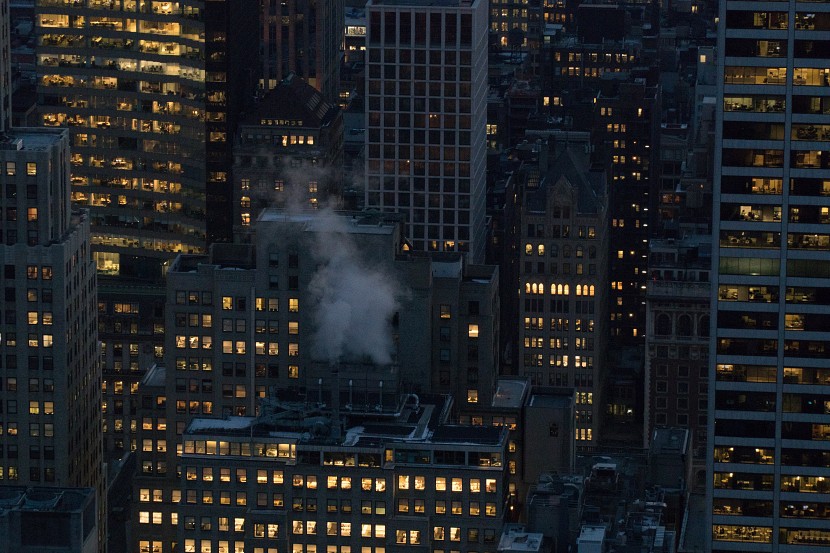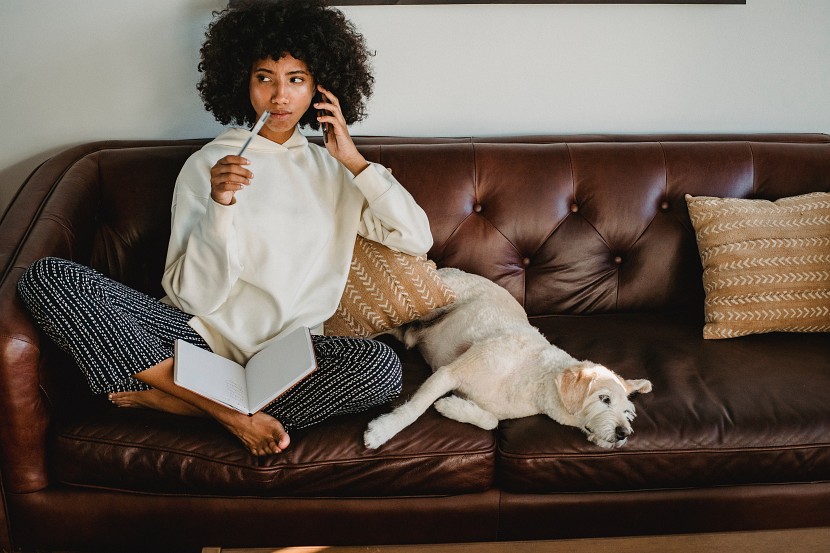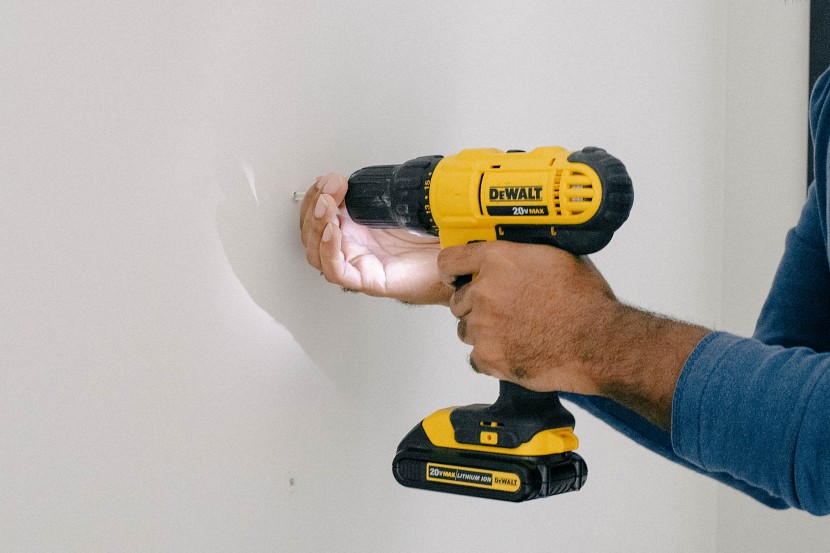

After the pandemic, renting prices worldwide went over the moon. It became almost impossible to find a spacious apartment and not pay half of your salary on the rent itself. New York City’s renting prices in 2022. increased by 35% since 2021. People are struggling to keep their one-bedroom apartments, and for half of them, 30% of their paycheck goes just on one month’s rent. It is not rare that much more goes on rent since New York City is the most expensive city in the U.S. for renting a one-bedroom apartment!

What is a security deposit?
A security deposit is a sum of money a renter pays to the landlord or property management once the lease is signed. It equals one month’s rent and is done in case any damage happens during the renter’s stay.The limit is one month’s rent, but if the rent goes up during the tenant’s stay, the deposit fee can go up too.Tips and tricks by locals: You should know that a landlord should also place a deposit in the bank to earn interest. The landlord should notify the tenant about the name and address of the bank, as well as the deposit amount.

How to get your security deposit back?
Some things are a public secret that all landlords and tenants should know. What is considered and what is not considered damage? It is expected that you leave signs of living there during your stay. Don’t worry; in this process, the most crucial part is to keep track of everything going on in a place. Knowing these rules and being prepared will leave you out of unwanted situations.Let’s look at the step-by-step guide:
1. Visit a place in person
No matter how urgent your living situation is, be aware that more than pictures are needed for you to see the actual condition of the apartment. We suggest you visit it in person since it is a place you will live in for some time. Once you do, be sure to check the most important things. Be sure to look for any holes in the walls. Check kitchen countertops and look for any scratches and irregularities. Check the bathroom and ensure the toilet works and the water runs properly. Check the heating and A.C. system if there is one, and also try switching the lights on and off. Check the windows and doors. Make sure that the stove and refrigerator work. Look for any stains on carpets. Sounds too detailed? Well, it will save you from losing your safety deposit fee!
2. Take pictures of the damage before moving in
Once you did check everything needed the checking, get your phone and take detailed pictures of any damage! Examine every nook and cranny, and take photos of the worn-out things that are potentially going to break. Record videos and write a document with detailed descriptions. Make copies of everything and put them somewhere safe. These could be a lifesaver once the renting period is over.

3. Document everything during your tenancy too
You should know that landlords take pictures too! Everything you did, they do as well. If any damage happens during your stay, you can’t make it look like it was already there. Keep track of every problem during your stay: anything worn out that needs replacing and all the new problems occurring. Be sure to keep in touch with your landlord and decide who is the one to take care of it. Your communication is key here since you should be on the same page and avoid surprises at the end of your stay.
4. Fix any minor problems before leaving
Okay, so If something small occurred during your stay- let’s say your T.V. left a mark on the wall or your pet bit on a couch, be sure to fix it. It is more affordable than losing your deposit! Try looking at it from your landlord’s perspective. Your landlord needs the apartment ready for the next tenant in almost the same shape it was before you moved in.

5. Normal wear and tear
Landlords say that some things are considered normal wear and tear and should not be a part of the security deposit. What are those?Everything that was in the process of getting old is considered normal wear and tear. The paint and wallpapers get faded, plumbing gets old over time, blinds and curtains get sun-faded, scuff marks on hardwood and linoleum floors are unavoidable, as well as warped door frames and windows. You should not pay a security deposit for this.
6. Take care of these things.
Advice by a landlord is to take care of things such as marks of hanging parts of the T.V., holes in the walls from hanging frames, broken kitchen cabinets or drawers, countertops with scratches, burns or pet stains on carpets, unauthorized paint or wallpaper, ripped or missing curtains and blinds, broken windows, bathtubs or sinks…

7. Give notice on time
Another thing that can leave you without the deposit is not giving notice on time. In New York City, this means not giving a 30 days notice. Since a landlord needs to find new tenants in front and be prepared, be sure to take the proper fair steps.
8. Don’t leave anything behind!
Take all of your things! Leaving anything behind means that landlords need to throw it out by themselves or hire a moving company. Since this involves spending, they consider it an expense worth not giving you your deposit back.The best thing to do is try to leave a place in the same condition you found it when you first moved in.
9. Hire professional movers
Heavy items can make many scratches on the floors and walls if handled poorly. If you hire professional movers, the moving will be fast and, most importantly- won’t leave any damage. Movers will keep your items safe and the surroundings untouched, and they will not leave anything behind!

10. Give your landlord your new address.
Once you move out and you have done all the steps for getting your deposit back, be sure to give your landlord your new address. Your landlord has 14 days to check everything and return your safety deposit.
What if my landlord doesn’t want to return my deposit?
This brings us to the beginning; everything will be easier if you have pictures and documented inventory in this situation.Maybe your landlord calls damage something that you think is not or something that is not done by you. You can miss something in a rush or forget about something. It can also happen that your landlord wants to keep the deposit fee under any circumstance, which is when you need to sue the landlord in Small Claims Court in NYC. This will take your energy and time, but it is worth it since you need to get what belongs to you.You will need that money for your next apartment’s safety deposit too!We hope this helped a bit in your wild apartment hunt and deposit return process.Living in New York City is for the brave and persistent! If you want your moving effortless, we suggest you hire professional movers from a wide variety in NYC.Roadway moving also provides everything you need on stressful days.
